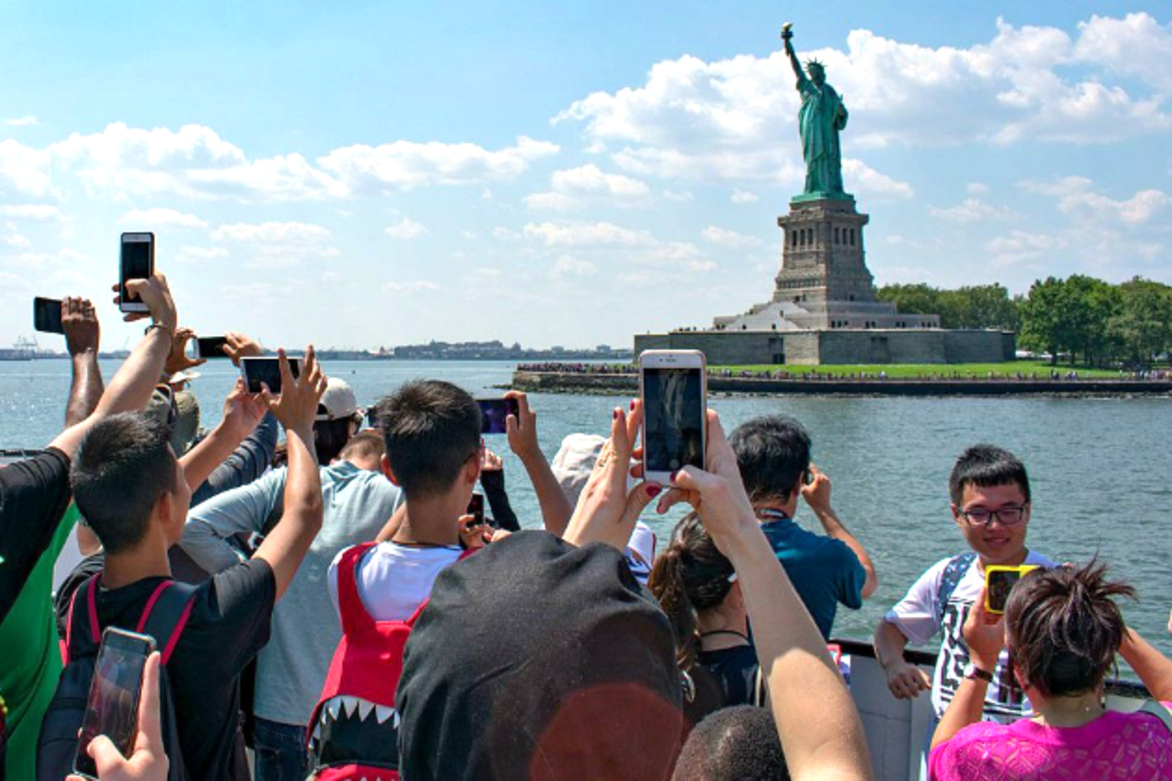Strong dollar prompts foreign visitors to opt for other destinations
Robert Besser
16 May 2025

NEW YORK - International travel spending in the United States is projected to decline by 7 percent in 2025, amounting to a US$12.5 billion loss, as foreign visitors steer clear of U.S. vacations due to political concerns and a strong dollar, according to a report from the World Travel and Tourism Council (WTTC).
Julia Simpson, CEO of the WTTC, stated that the U.S. is the only country among 184 nations experiencing an absolute decline in international visitor spending. "The U.S. is definitely losing its crown in this area," Simpson said, attributing the drop to policies under President Donald Trump's administration, fears of being stopped at the border, and unfavorable exchange rates.
The WTTC report projects international visitor spending in the U.S. will fall to below $169 billion in 2025, down from $181 billion in 2024 and 22 percent lower than its 2019 peak.
The strong dollar made U.S. travel more expensive in 2024, Simpson noted, but political factors are now also deterring international tourists. In March, Germany updated its travel advisory to the U.S., warning that a visa or entry waiver does not guarantee entry after several Germans were detained at the border.
Additionally, the Trump administration now requires all foreign visitors aged 14 and older to register and submit fingerprints if they stay beyond 30 days. This policy includes Canadians, who previously could remain for up to six months without a visa.
"The rest of the world is putting up open signs and getting people to come and see their country," Simpson said. "The U.S., at the minute, has firmly got a ‘we're not open for business' sign, which is a great shame."
The U.S. Travel Association reported that Canadian and Mexican visitors, the largest source of inbound travelers to the U.S., have reduced their trips by about 20 percent year-over-year. Travel from the UK, Germany, and South Korea is also trending lower.
In March, overseas travel to the U.S. fell 12 percent year-over-year but rebounded eight percent in April, according to the U.S. National Travel and Tourism Office. Despite the rebound, Simpson said, the broader trend is still a decline in international spending, potentially impacting the country's position as the world's top travel and tourism economy.
